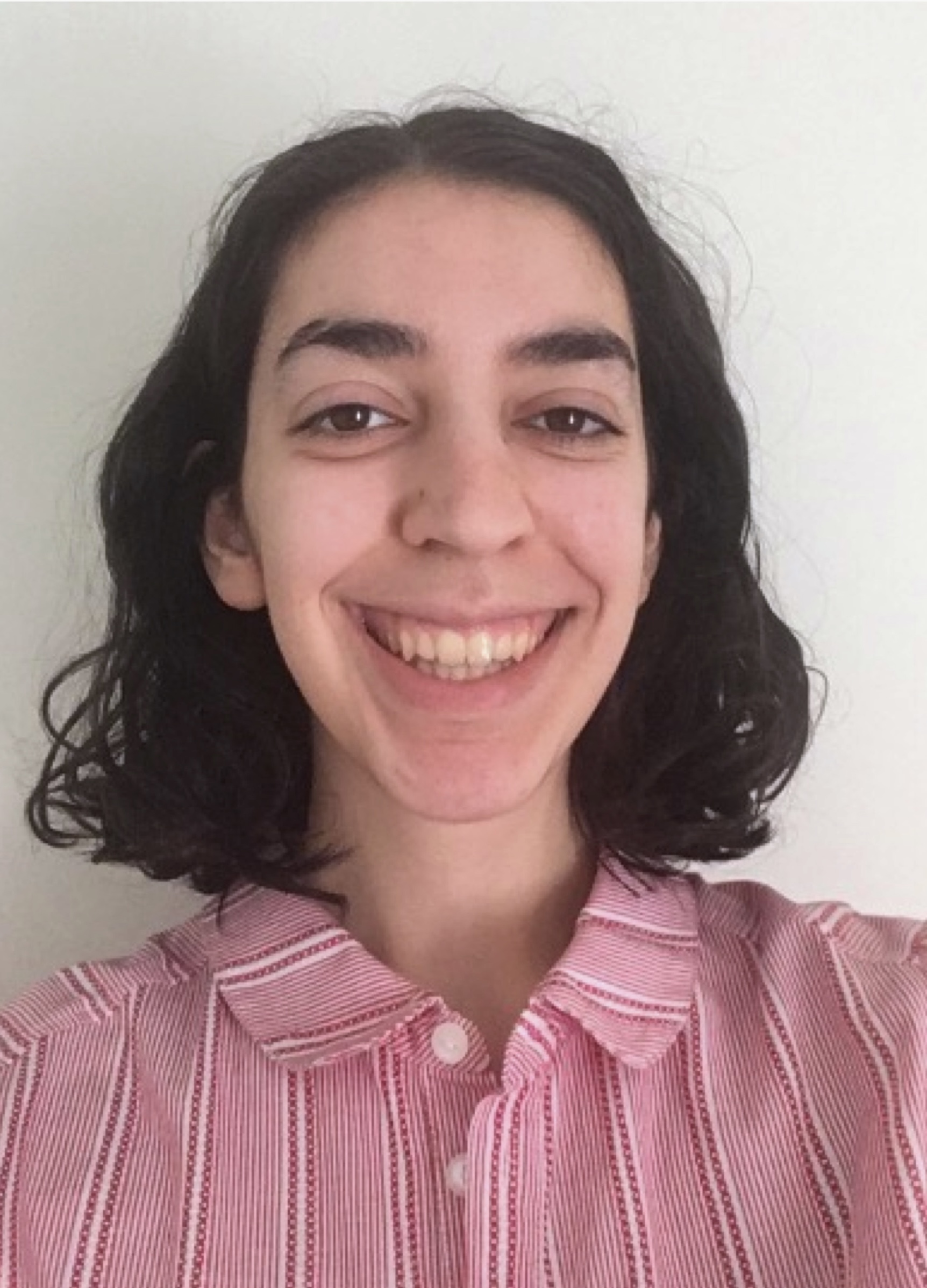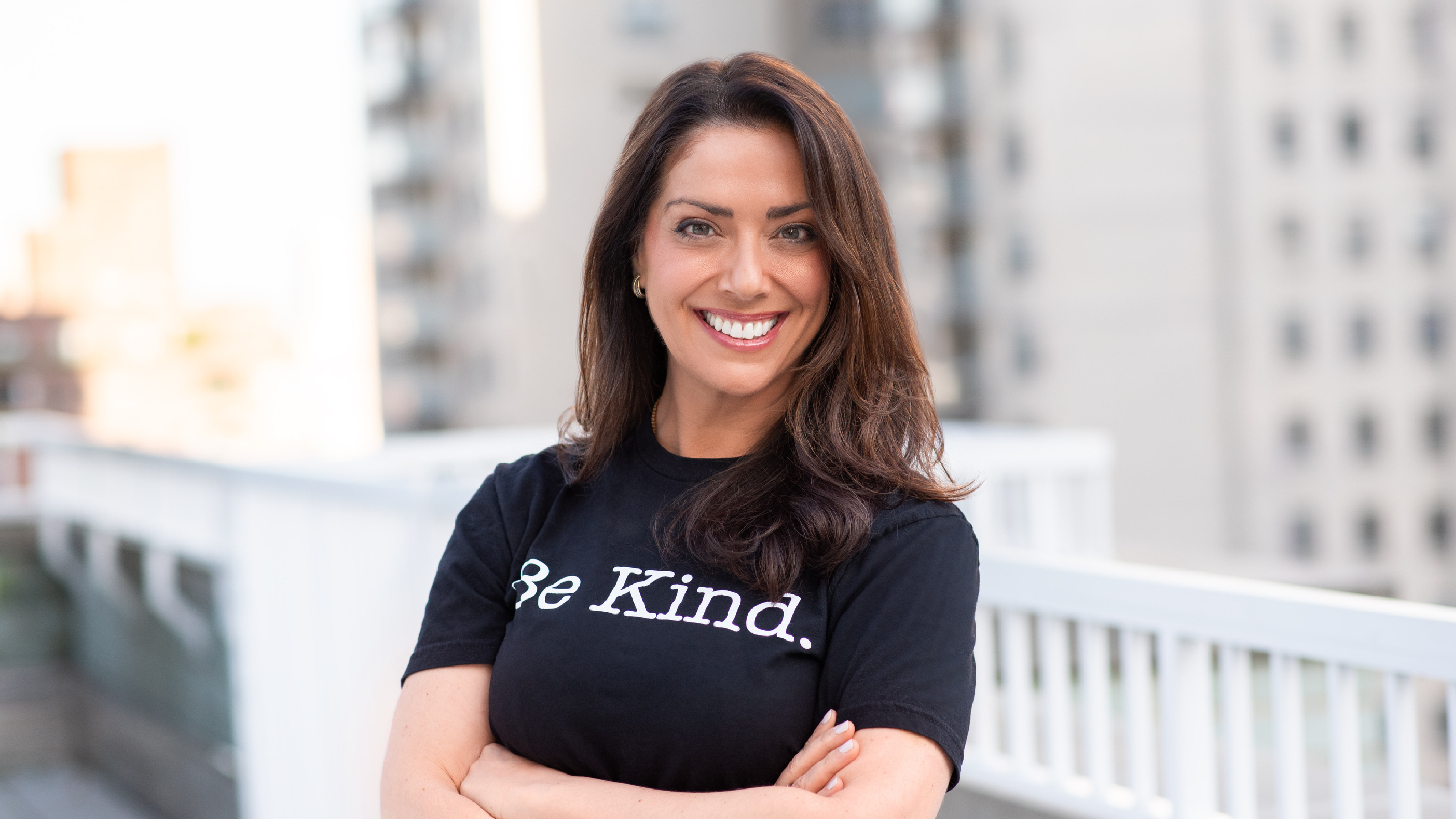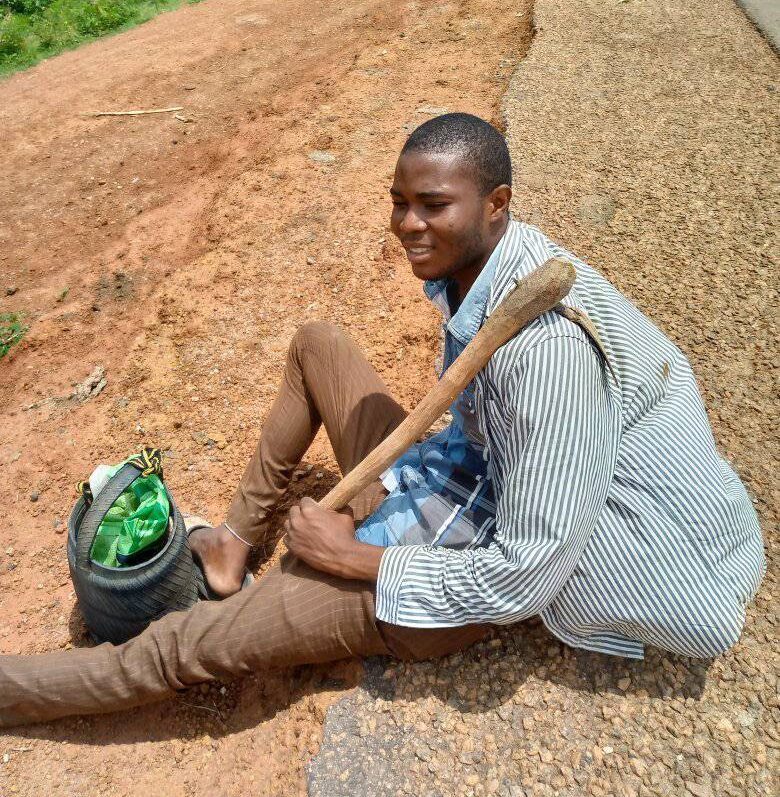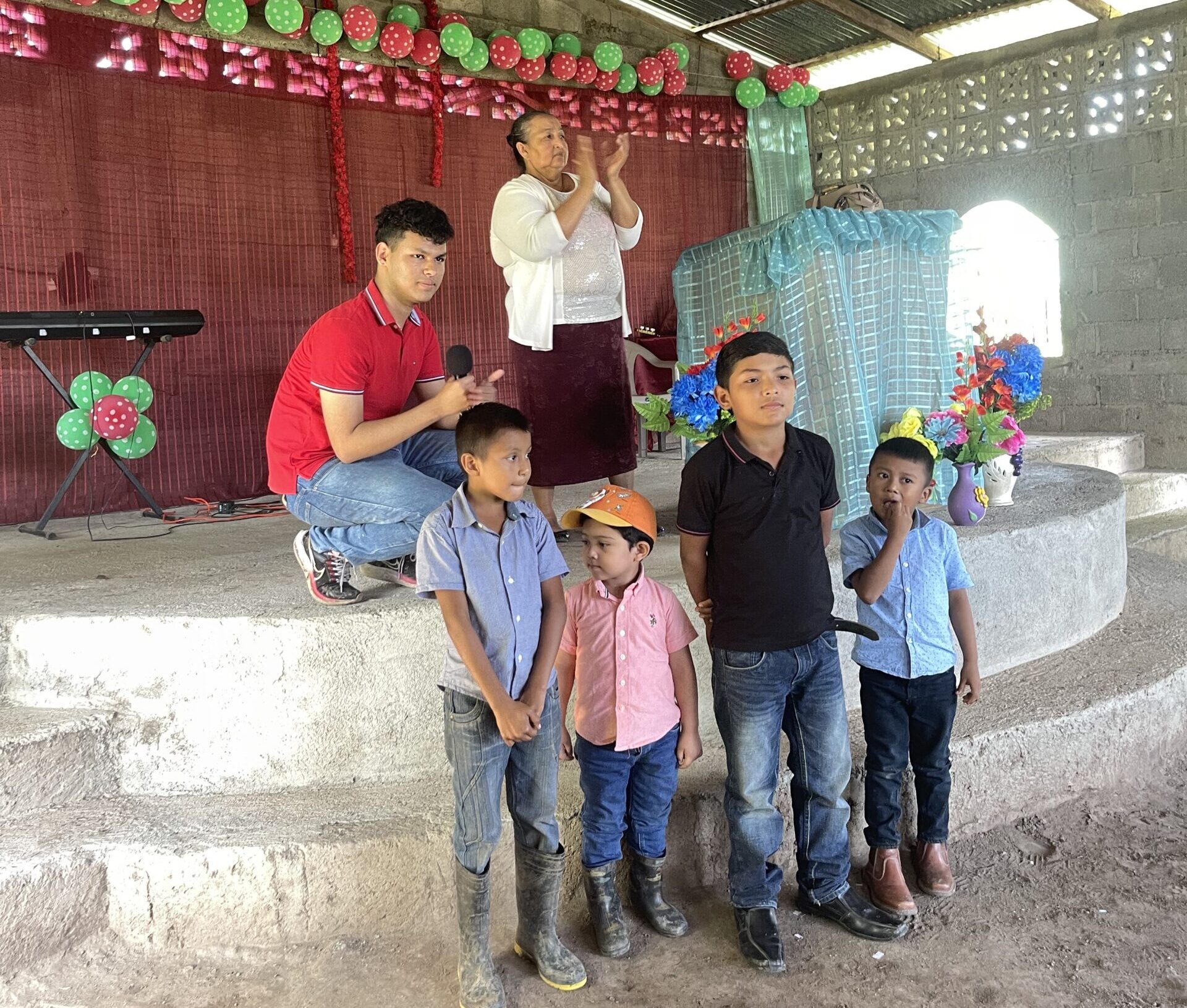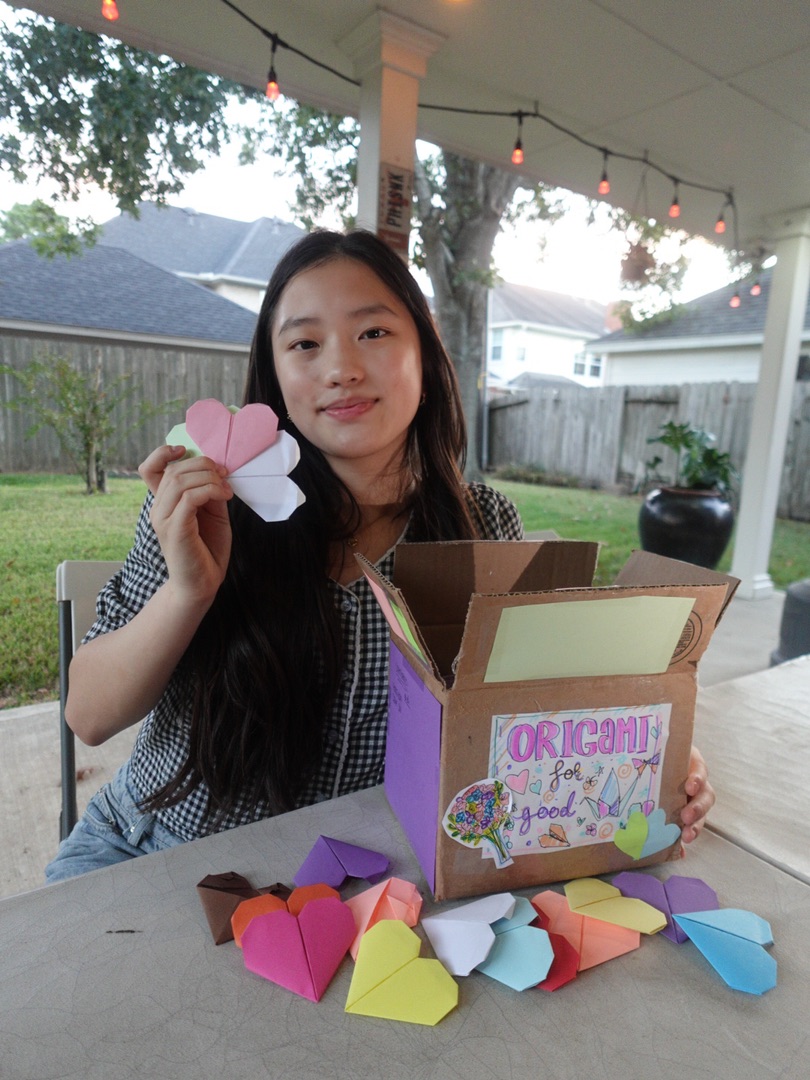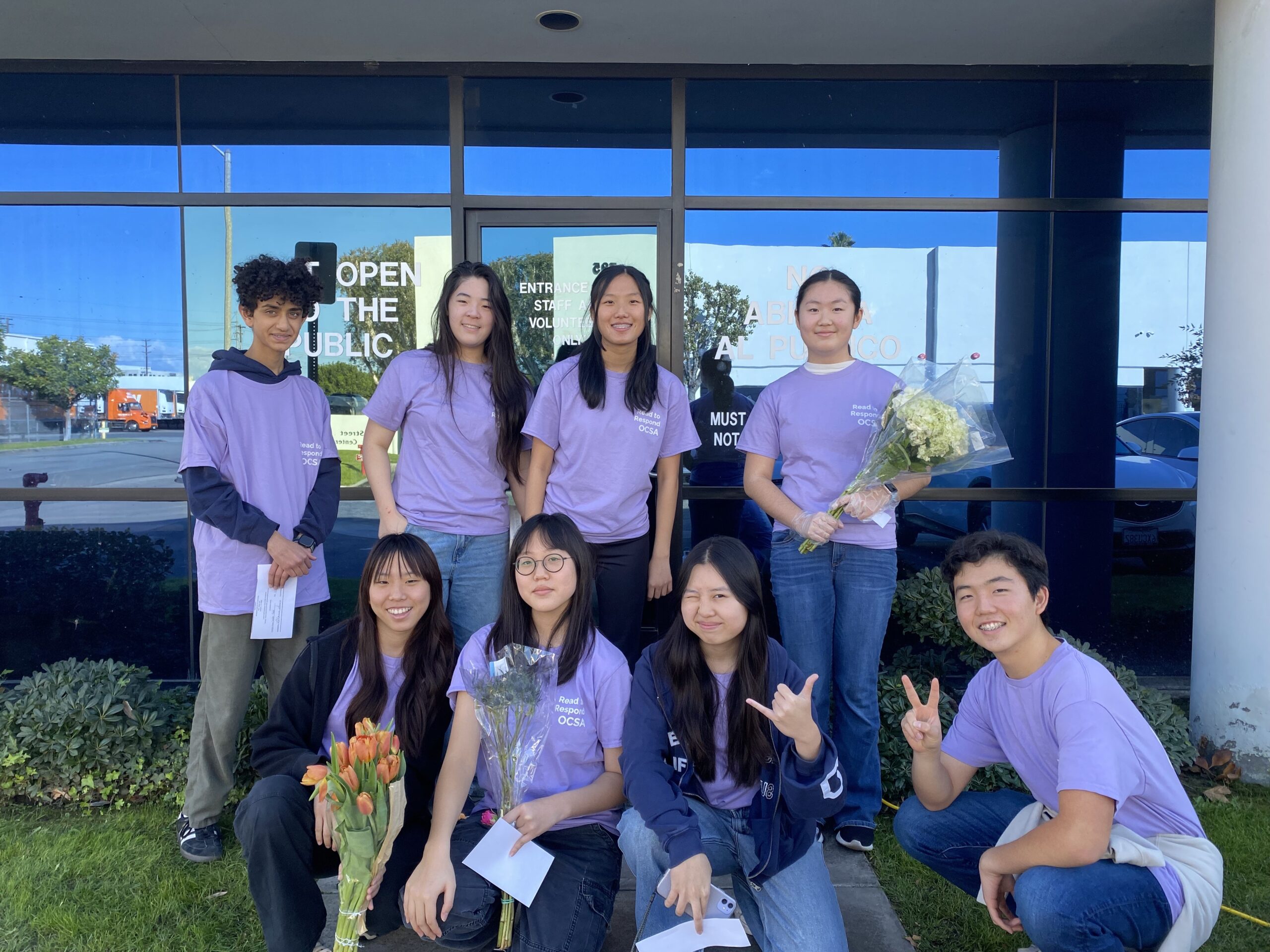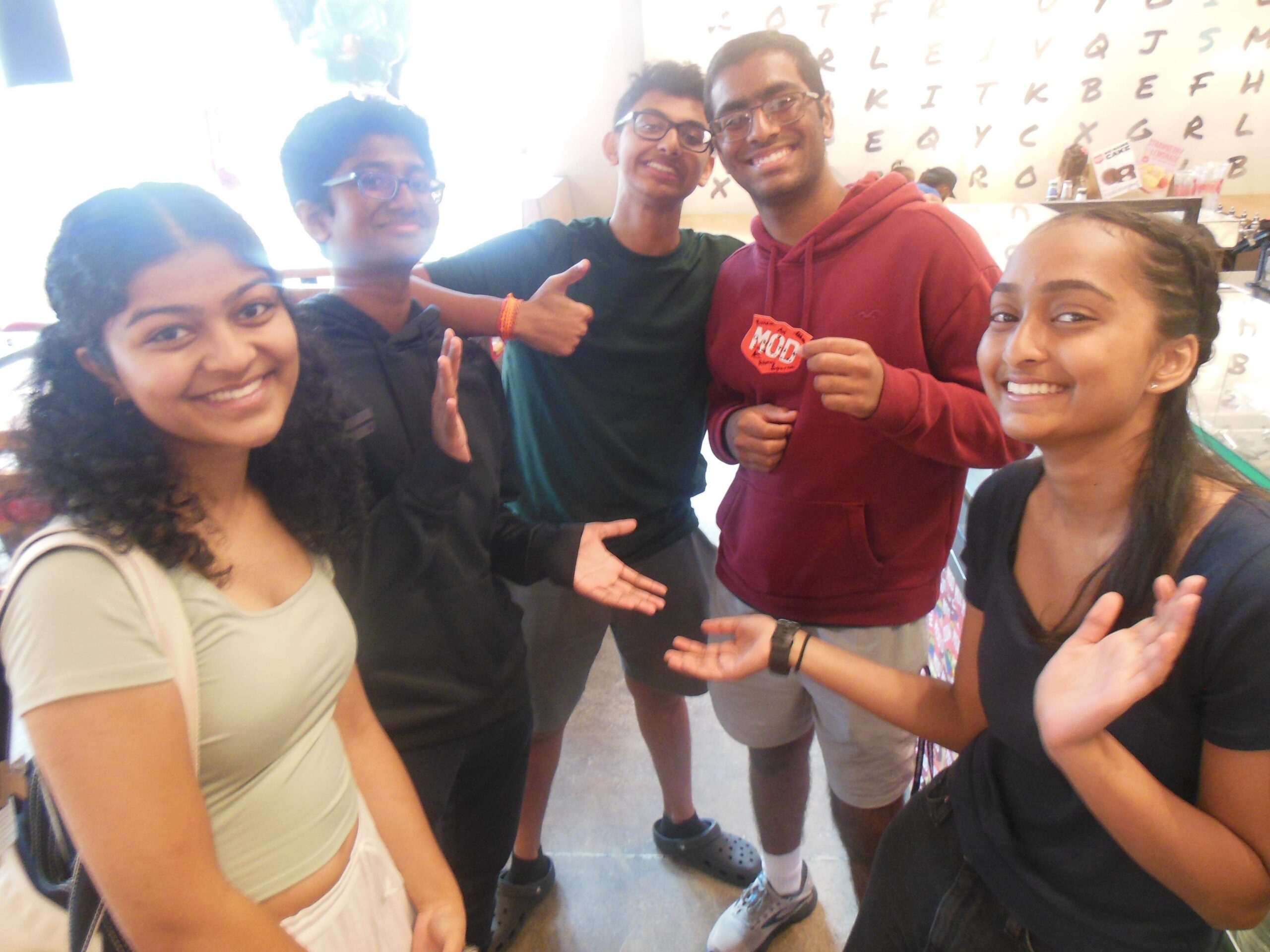Recently, I was fortunate to have a discussion with Born This Way Foundation’s Director of Research and Evaluation, Dr. Claudia. We discussed the value of youth engagement in research and the critical role this plays in addressing contemporary challenges faced by young people. Drawing from some of her notable research, Dr. Claudia shared her passion for collaborating with youth and emphasised that the unique perspectives of youth are invaluable in creating effective interventions. Additionally, she shared practical advice for young people aspiring to engage in research and reflected on how her previous roles as a public school teacher and bilingual school counsellor inform her work.
Check out our conversation below to explore ways to maintain personal wellbeing, the significance of community support (particularly among women in science), and the importance of meaningful research outcomes in the mental health and education fields:
1) Why are you passionate about conducting research with young people, and what research study have you led with youth that has stuck with you the most?
If we want impactful solutions for today’s challenges, we need to work with young people every step of the way. We simply cannot properly address the issues that young people are facing without including them in the process. As someone who does my best to listen and learn from young people at every stage, I can confidently say that their input is essential in shaping our research process — from providing feedback on survey questions to actively participating as respondents in our survey and more. Young people are experts in their experiences and in seeking solutions that are relevant and relatable to them. Their unique perspectives provide insight into what support and resources they need in order to deliver effective outputs and programming.
A research project that I led with young people that has particularly stuck with me was focused on developing and evaluating digital game interventions to prevent suicide in adolescents who misuse opioids. As part of our formative work, we conducted focus groups with young people and adults who misused opioids as a young person in order to inform the content of the digital game intervention. We extracted themes from these focus groups and, with my youth advisory board, co-created relatable storylines in the digital game. From the development to the evaluation of this intervention, we worked with young people. Without them, we simply would not have been able to develop this intervention as meaningfully and as effectively. Including youth voices in the design, development, and evaluation of youth interventions is critical.
2) Research led by young people can be an impactful way to advocate for change. What advice do you have for young people who are looking for opportunities to engage in or carry out research?
The opportunities to get involved with research are out there and they can be found in academic, clinical, and non-profit settings as well as others. Begin by exploring the different topics you may be interested in learning more about, whether this means through coursework at your school or researching and reading about topics on your own. Once you have an idea of some areas you would want to explore further, reach out to those conducting research in the setting of choice or those who work in the field of interest. Send them an email that explains your passion for their work and ask to take them to coffee or out for lunch. When you connect with them, cite some specific projects they are involved with that you are fascinated by. Contact multiple people and don’t be afraid to send follow-up emails. Many may not be hiring at the moment, but leave an impression as they will likely be hiring in the future. Be memorable with a personal story on why their specific research interests you.
Another idea is to join a youth advisory board of an organization that conducts research. For example, our research team often reaches out to our youth advisory board when we have research opportunities. As one example, we worked closely with several members to ensure our recently launched survey was clearly written and easy to understand. This is one example of many where we include young people who are interested in learning more about research. Not only are they guiding our work, they are also learning about various research methods. In addition, I am grateful to be able to meet often with our advisory board members to learn about their own research. I love learning about young people conducting research and applying their findings to the work they do.
3) I believe that educators are essential members of our community. You began your career as a public school teacher and later became a bilingual school counselor; how do you feel this work influenced your understanding about the issues faced by young people, and how did those experiences influence your research pursuits?
My work in schools shaped my career path as I saw firsthand the struggles that young people faced every day when I was in the classroom. From stress around school assignments to peer relations to experiences in trauma, I saw students who needed support as well as students who wanted to provide support but oftentimes did not know how. Working closely with young people in schools not only helped me gain deeper insight into their experiences, but also reinforced my passion in working with them and my commitment to always include them in my work going forward.
While working in schools, I was also completing my doctorate. My dissertation focused on facilitators and barriers to the implementation of school wellness policies. I was especially intrigued by this topic because research tells us that it can take approximately seventeen years for policies to become practices; however, with strong systems and supportive structures, we are able to close this gap to 3-4 years. I wanted to learn actionable strategies on how to close this gap and ensure those whom policies were impacting were included in the decision-making process.
After I completed my dissertation, I completed my postdoctoral training on the design and development of digital interventions. I became faculty shortly after and my specific area of research focused on the development and evaluation of digital games and youth-centered programs. Staying true to my commitment to including young people in my initiatives, this project applied aspects of youth-led participatory action research to it. As such, working alongside my research projects, Youth4Wellness at Yale was created, a youth research advisory board that informed the development and evaluation of my project. At every stage of my career, youth were and continue to be alongside me in seeking solutions.
Through all these experiences, my key takeaway is that engaging young people in research is critical when seeking solutions to address child and adolescent mental health. If we want to be effective in our solutions, we need to partner with them and elevate their stories.
4) Sometimes research reveals information that shows youth are struggling, which can leave one feeling negative or hopeless. How do you stay hopeful?
You are right. Sometimes, research on youth mental health can be heavy, especially when it notes specific struggles among young people and a need for culturally-informed approaches that are not easily accessible. That being said, the empirical research is clear, even when faced with adverse childhood experiences, that at least one trusted adult AND safe and supportive communities serve as protective factors for young people. So, I lean into this work through our research at Born This Way Foundation to ensure that what we learn informs actionable strategies on how to support young people through peer support and kind communities. How do we ensure that every single young person has a trusted person in their lives? How do we build kind, supportive, and safe communities? When our young people thrive, our society thrives. That is what fills me with hope and joy.
5) Sister shout-out time! Women in research and education face many hurdles that can adversely affect their wellbeing, including gender bias in publishing and grants, underrepresentation in leadership, and a lack of institutional support, to name a few. Who are some women in the fields of research, youth mental health, or education that inspire you, and what aspects of their research or advocacy resonates with you?
There are many women in research whom I admire and strive to learn from, but there’s a special group that deserves particular mention. We call ourselves “Sisters in Science,” a collective of women in science dedicated to making a meaningful impact in the lives of young people. Despite our different backgrounds and areas of expertise, we unite in our commitment to support all young people as well as support one another, sharing challenges and valuing the peer support we provide to one another. Dr. Terika McCall, an assistant professor at the Yale School of Public Health with Jamaican roots from Miami-Dade County, develops digital interventions for women in the Black community. Dr. Kimberly Hieftje, an associate professor of pediatrics at Yale, is from rural Indiana and focuses on the use of immersive technology to improve the health and well-being of youth. Dr. Uche Aneni, a child and adolescent psychiatrist and assistant professor at the Yale Child Study Center originally from Nigeria, brings expertise in family systems. I feel incredibly fortunate to be surrounded by such brilliant, thoughtful, and kind scientists, and I am deeply grateful for the inspiration and support they provide every single day.




